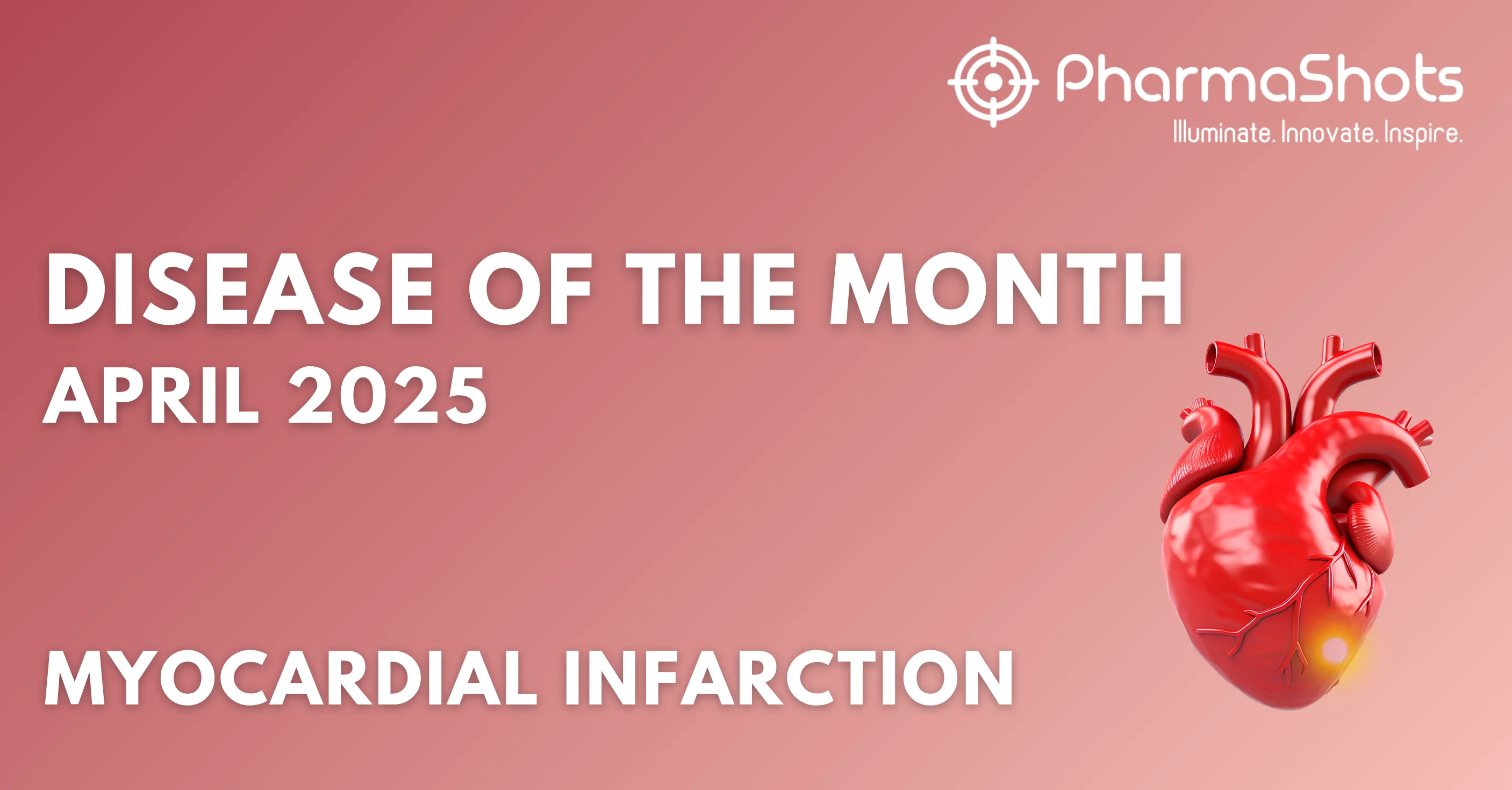
Everyday Environmental Hazards That Sabotage Your Circulation
Good circulation is like the lifeblood of your body—literally. It keeps everything moving smoothly, delivering oxygen and nutrients to your cells while whisking away waste products. But did you know that your everyday environment could be making it harder for your blood to flow freely? Let’s break down how environmental factors can mess with your circulation and what you can do to protect yourself.
Understanding the Importance of Circulation
Your circulatory system is like the delivery truck for your body. It transports oxygen, nutrients, and hormones where they’re needed, and it removes waste that can build up in your cells. Without good circulation, everything slows down, and your organs can’t work at their best. Healthy circulation supports everything from heart function to digestion, so when something goes wrong, it can really affect your overall well-being.
Common Circulation Problems
If circulation gets impaired, you might start noticing some symptoms, like:
- Cold hands and feet
- Swelling in your legs
If left unchecked, these problems can escalate into more serious issues, like heart disease, blood clots, or strokes. It’s not just about feeling uncomfortable—poor circulation can cause serious health concerns down the line. In these cases, vein treatment can play a crucial role in restoring proper circulation and preventing further damage.
Environmental Factors That Sneak Up on You
Did you know that the environment around you can quietly sabotage your circulation? From chilly weather to air quality, these seemingly harmless factors can put extra strain on your blood vessels. Let’s break down the environmental culprits and how you can protect yourself.
Too Much Cold
Ever noticed your hands and feet turning icy or pale in winter? That’s because cold temperatures cause your blood vessels to constrict to conserve heat, reducing blood flow to your extremities. Prolonged exposure can cause:
- Frostbite
- Higher risk of circulation-related conditions like Raynaud’s disease
Layer up with gloves, thermal socks, and scarves to keep your extremities cozy. Use heating pads for extra warmth if you spend a lot of time in the cold. Warm drinks like tea can also help get your blood flowing again.
Air Pollution
Polluted air isn’t just bad for your lungs—it also damages your blood vessels. Tiny particles from car emissions, factories, and even indoor pollutants like dust or mold can enter your bloodstream, triggering inflammation and reducing blood flow. Long-term exposure has even been linked to heart disease and hypertension.
If you live in a polluted area, consider staying indoors on days with poor air quality. Invest in an air purifier for your home, and add indoor plants like spider plants or peace lilies to help filter the air naturally. When outdoors, wearing a mask in high-traffic areas can also reduce your exposure.
High Altitudes
Living or traveling at high altitudes decreases oxygen levels in the air, making your body work harder to pump oxygen-rich blood. This can cause:
- Shortness of breath
- Fatigue
- Swelling
Over time, your circulatory system may adapt, but sudden altitude changes can strain your blood vessels.
In high altitudes, it is important to give your body time to adjust by ascending gradually. Stay hydrated, as dehydration worsens altitude symptoms. Foods rich in iron, like spinach, can also support oxygen delivery in your blood.
Exposure to Secondhand Smoke
Breathing in secondhand smoke can harm your blood vessels just like smoking does. It increases your risk of blood clots, inflammation, and circulation problems, even if you’re not the one holding the cigarette.
Protect Yourself by avoiding places where smoking is allowed. Also, don’t be afraid to set boundaries with friends or family who smoke. If you live with a smoker, encourage them to smoke outside and ventilate your home often.
Lack of Sunlight
Not getting enough sun can lead to low vitamin D levels, which play a crucial role in supporting heart health and circulation. Vitamin D helps relax blood vessels, making it easier for blood to flow efficiently.
You can receive your daily vitamin D by spending 10–15 minutes in the sun each day, especially in the morning. If sunlight is limited, consider adding vitamin D-rich foods like fatty fish or fortified cereals to your diet. Also, you can ask your doctor about supplements.
Environmental factors may feel out of your control. However, small changes can go a long way in protecting your circulation. Your surroundings don’t have to work against you!
Simple Solutions to Combat Environmental Hazards
We can’t always control the environmental hazards that affect our circulation. But the good news is that there are plenty of simple and effective solutions to minimize their impact. Let’s explore some practical and actionable tips you can start using today to protect your blood flow.
Exercising Regularly: A Key to Better Circulation
Exercise is one of the most effective ways to improve circulation. It assists your heart in pumping blood more effectively, and it encourages the development of new blood vessels. Whether it’s a brisk walk or a full workout, moving your body is a great way to keep your blood flowing.
Aerobic exercise—like walking, running, swimming, or cycling—is fantastic for circulation. But don’t forget strength training, which helps improve muscle tone and encourages better blood flow as well.
Improving Air Quality at Home and Work
As we discussed earlier, air pollution can have a significant impact on your circulation. Fortunately, there are steps you can take to improve the air quality in your surroundings, reducing your exposure to harmful pollutants.
Using air purifiers is a simple and effective way to filter out toxins and particulate matter in your environment. HEPA filters can trap fine particles, while activated carbon filters remove gases like volatile organic compounds (VOCs). These compounds are commonly found in cleaning products and paint.
Conclusion
Your circulatory system is vital to your health, and while you can’t control every environmental factor, there are plenty of things you can do to protect it. From regular physical activity to eating a balanced diet, small lifestyle changes can have a big impact. Take care of your circulatory system—it’s the highway that keeps everything else running smoothly!
Related Post: Bridging the Biopharma Gap with Consulting Firms
Tags

Arlette is a passionate writer who specializes in delivering high-quality content in the healthcare sector. Arlette loves to read books in her spare time.














